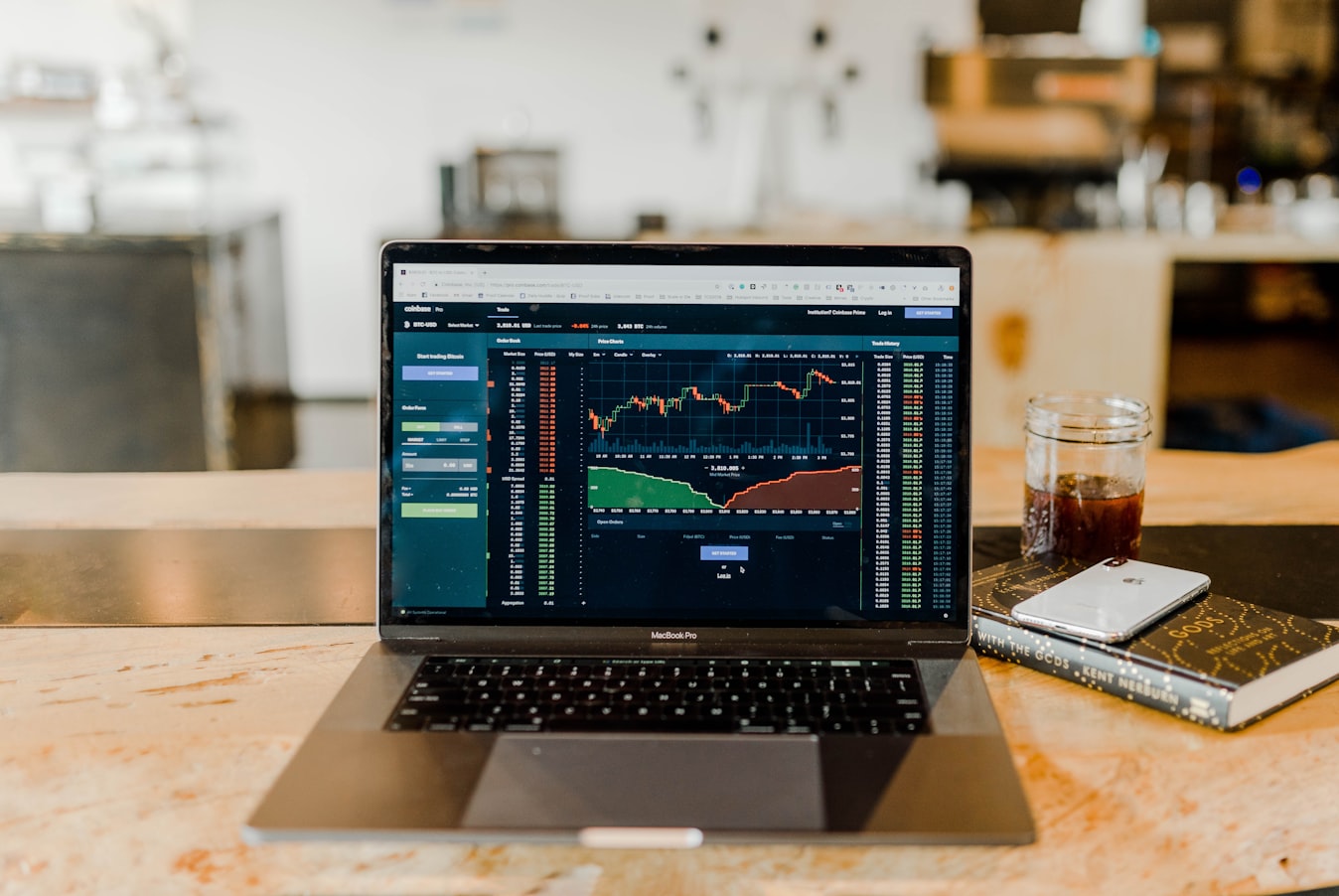Trade Myths: Myths About Day Trading That Are Holding Everyone Back
Day Trading is an untapped asset to everyone; the value it provides is unparalleled, and it’s far from rocket science, yet so few people partake in day trading and end up missing out on the potential benefits they could be receiving from it. The reality is that over time trading has developed a series of myths that act as preventative barriers for people who buy into the truth behind these myths. However, Thomas Yin, author of the book Trade Secrets, thoroughly dispels these myths.

Trading has several different myths that frequently prevent people from believing they can partake in day trading despite the reality being contrary to what they believe. The first two myths deal with intelligence and capital. Many people believe that to be successful in Trading, and you have to be smart and rich. There is a stigma attached to day trading that leads people to think that unless they receive some form of higher education that they will be incapable of success, which isn’t exactly right. Understanding the market does help, but the reality is that tried and true Trading methods will yield success regardless of education. Similarly, with being rich, the amount of capital doesn’t matter regarding Trading, the key to success in Trading is a strategy that works.
There is also a stigma that Trading requires copious amounts of time to be successful, and while there are some kinds of Trading that do need that, the considerable time commitment does not translate across the entire trading world. The time constraints will determine entirely upon the type of Trading that’s being discussed. Another major misconception about Trading and the market is that excess analysis will solve bad trade choices, which unfortunately is not the case—much of the success in trading deals with strategy.
Other myths, such as that Trading is risky and based on luck, are false simply because Trading is more than its traditional image, which people often see when they think of it. Yin presents Trade as something akin to skydiving; it’s only a risk if the individual doesn’t know what they’re doing, meaning that Trade only provides substantial risks if the trader doesn’t know what they’re doing. In the way of luck, Trading is no different than a business, not unlike a casino. Yin uses the analogy of a casino operating as a business to explain the way that Trade is a business.

However, a single plan isn’t a fundamental way to success. Yin elaborates on this by talking about how there is no magic bullet to success at Trade. Trade isn’t an instantaneous kind of success; it takes time and planning to result in profits and success. It is not something you dive into and hit instant success when you do. The final myth Yin discusses pertains to the news, and it is that news is what makes the market change and shift. While news and fundamentals can be a useful resource, they’re not on time. The shift of markets is tied more closely to emotions and psychological factors, so using the news and fundamentals as a primary means of determining where the market will go is not an effective practice.

All these myths are only that; myths. The idea of Trade is far from the reality is, and the truth is that the more people understand about Trade and how it functions, the more people will be able to tap into Trade as a source of income. Understanding the difference between what’s real and what’s a misconception, anyone can engage in Trading.